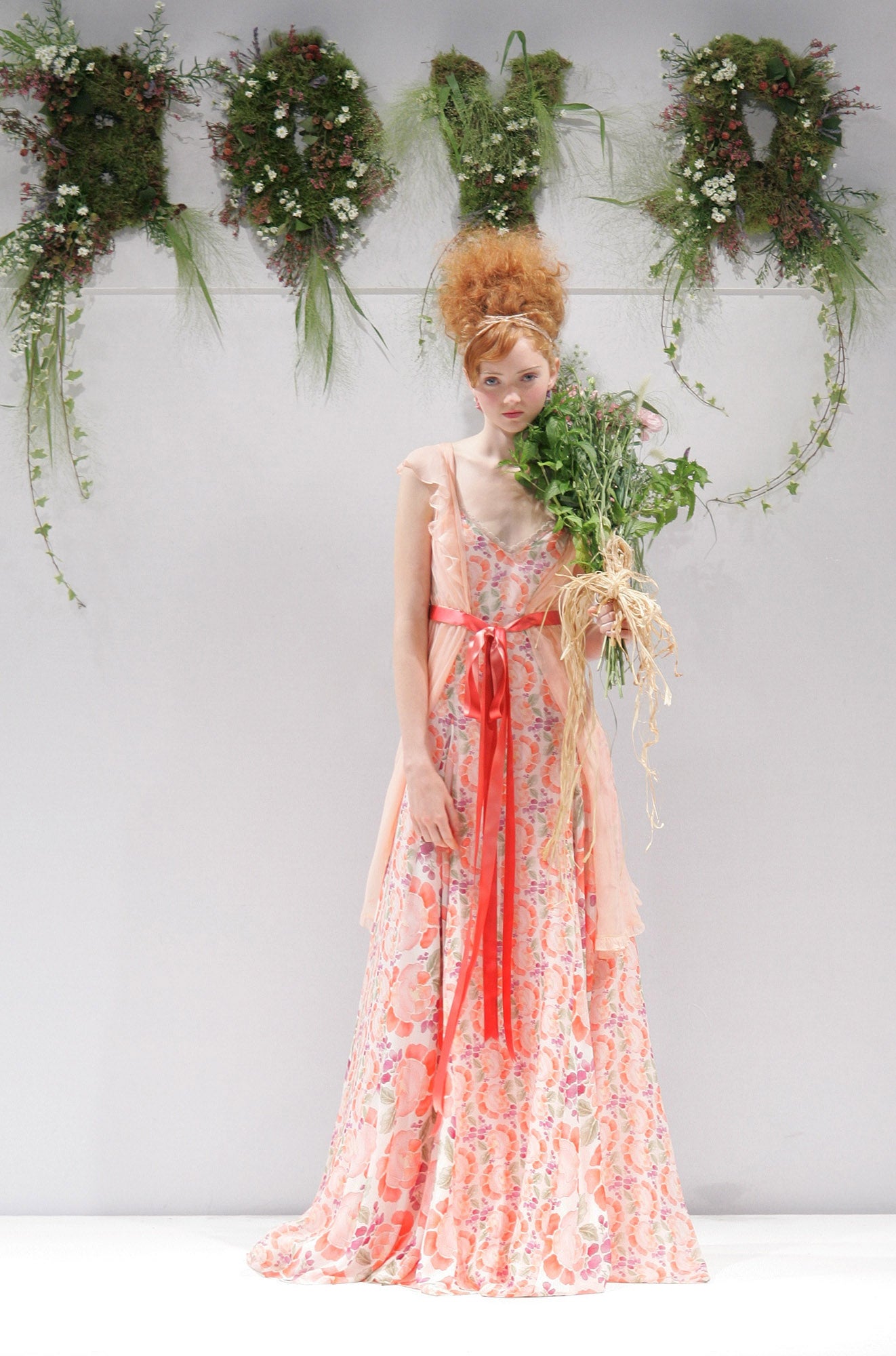The Brontë sisters, a supermodel, and a mansplaining academic are in a marvelous brawl
Literary societies are rather amorphous organizations, but the one thing they have in common is that they are elitist—and can often feel secretive.


Literary societies are rather amorphous organizations, but the one thing they have in common is that they are elitist—and can often feel secretive.
But here’s a literary society we can talk about! The Brontë Society, founded in 1893, is one of the world’s oldest literary societies, and it’s currently stuck in the middle of a feud between a supermodel and a male academic. The UK-based society runs the Brontë Parsonage Museum, which is housed in a former Brontë family home in West Yorkshire, and promotes the literary legacy of the Brontë family—consisting of the three Brontë sisters (Charlotte, Anne, and Emily), and their brother, Branwell.
The Brontë siblings, who were active in the first half of the 1800s, were the first true literary celebrities. Jane Eyre made Charlotte a household name almost overnight. Everyone wanted a piece of her. Literally: her father, Patrick, cut up pieces of her handwritten letters to send to fans. Emily, who authored English literature classic Wuthering Heights, and Anne—who authored The Tenant of Wildfell Hall, considered to be one of the first feminist novels—did not achieve overnight fame. But eventually they all had groupies. Not bad for a pre-paparazzi, pre-social media world.
So, for the 200th birthday celebration of Emily Brontë, it was only fitting that the Brontë Society asked a fellow celebrity to host the event—30-year-old English supermodel and actress Lily Cole. While she may be best known for her fashion and magazine work, Cole also holds a double first degree in history of art from the University of Cambridge (that means she was top of her class), and is an iconic English rose, known for her red hair and porcelain doll-like features. She’s also a fairly impressive activist.
As noted by the New York Times, she has helped save a London bookstore from going out of business and even stepped down from a lucrative De Beers campaign after finding out that the company was evicting people from their homes in Botswana. The Brontë sisters, were they alive today, would be perfectly comfortable with Cole as their party co-hosts. It is what we millennial feminists call the “shine theory:” when one woman in your social group does well, you are uplifted with her.
But one member of the Society, a disgruntled academic (and man), disagrees. Nick Holland, author of the biography In Search of Anne Brontë (2016) declared it a “rank farce” in a scathing blog post that gets, well, personal: “If you don’t know Lily Cole, and you’d be in the majority, she is described as ‘a model and social entrepreneur’ (whatever that is),” he wrote. He goes on to describe seeing Cole perform as Helen of Troy in a new play at Manchester’s Royal Exchange Theatre, and walking out before the performance was over. Holland accuses the Society of nepotism, due to the fact that the writer of the play was acclaimed Oxford poet Simon Armitage, who serves as the current “creative partner,” a position that Cole will take over.
The self-described rant argues that the Society is obsessed with attracting younger audiences—and while Holland does not explicitly say it, he insinuates that the type of attention that would attract young women is of lesser substance. “Being trendy is the ultimate aim, with the Brontës themselves relegated to the sidelines,” he wrote, suggesting a writer to replace Cole instead, gender not specified. (For the record, I had a Brontë-themed 26th birthday party at New York City’s Morgan Library & Museum, which hosted an exhibit with the Society in 2016. No one remembered to wish me happy birthday. We were too busy learning about the Brontës.)
Unsurprisingly, Holland insists he’s not anti-woman. “I hate bigotry of all kinds and have fought against it all my life,” Holland told the New York Times, “and now some accuse me of turning against Lily Cole simply because of her gender — a bizarre allegation as my heroes the Brontë sisters were women.”
Beyond the spat’s bookish-yet-scandalous headlines, there’s also a bigger question at stake: What’s wrong with giving some glamour to the stuffy, elitist literary world—especially if the glamorous addition is Oxbridge-educated? As pointed out by Stephanie Merritt in the Guardian, when American model Jerry Hall was appointed a judge for the 1999 Whitbread Book Awards (now known as the Costa Book Awards), the then-organizer of the Booker Prize (now known as the Man Booker Prize), Martyn Goff, said it was “blatant dumbing down.”
While it’s hard to know what exactly would appease Holland, Cole is busy keeping the focus squarely on the Brontës. “I would not be so presumptuous as to guess Emily’s reaction to my appointment as a creative partner at the museum, were she alive today,” Cole said in a statement. “Yet I respect her intellect and integrity enough to believe that she would not judge any piece of work on name alone.”
The Brontë sisters could relate: in fear of sexist reactions to their books, they originally published under male pseudonyms.